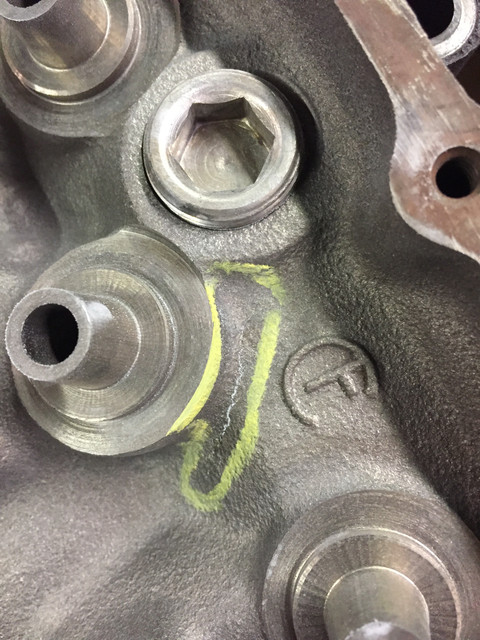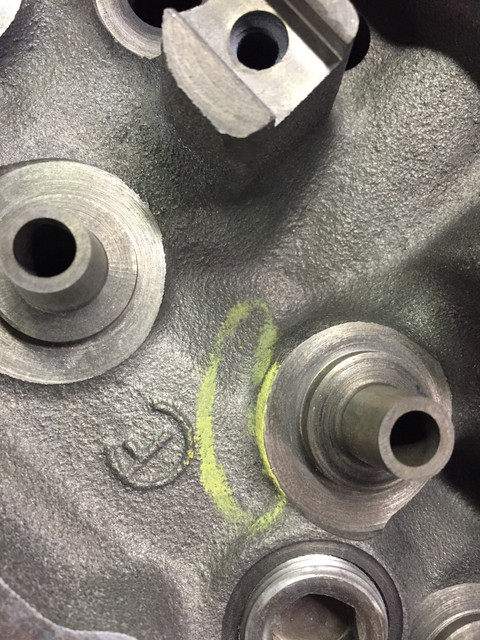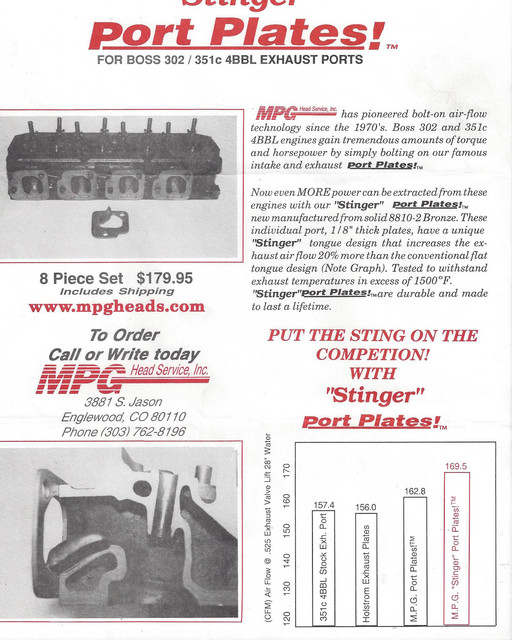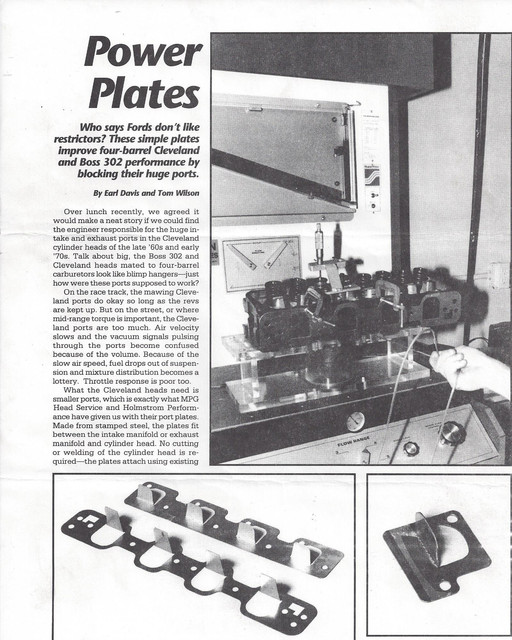bigfoot72
Well-known member
Hi everyone,
I have a 1972 Ford Mustang with a 351 Cleveland 2 valve engine. I recently discovered that both of the heads have a hairline crack in them that need to get welded. I have also been told to look into aluminum heads instead because the cast irons are notorious for cracks. I plan to put an Edlebrock 650cfm 4 barrel carburetor and performer intake manifold on my engine when I put it back together. Do you guys recommend going with the aluminum’s because they will be more reliable in the future? Is this going to be to much power for the stock engine block, pistons, crankshaft and transmission (mine is an FMX automatic transmission)? Taking apart my engine has been unknown territory for me and i’m learning along the way. The last thing i want is to make a fatal mistake. So I’d appreciate all the help I can get please!


I have a 1972 Ford Mustang with a 351 Cleveland 2 valve engine. I recently discovered that both of the heads have a hairline crack in them that need to get welded. I have also been told to look into aluminum heads instead because the cast irons are notorious for cracks. I plan to put an Edlebrock 650cfm 4 barrel carburetor and performer intake manifold on my engine when I put it back together. Do you guys recommend going with the aluminum’s because they will be more reliable in the future? Is this going to be to much power for the stock engine block, pistons, crankshaft and transmission (mine is an FMX automatic transmission)? Taking apart my engine has been unknown territory for me and i’m learning along the way. The last thing i want is to make a fatal mistake. So I’d appreciate all the help I can get please!








